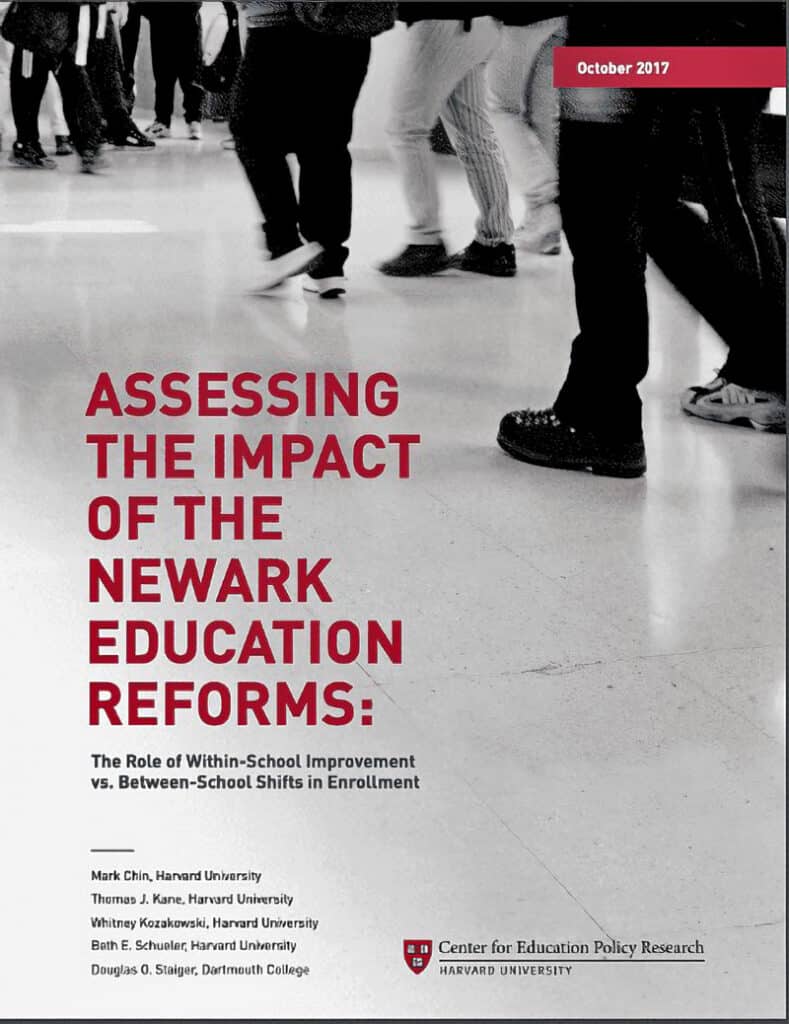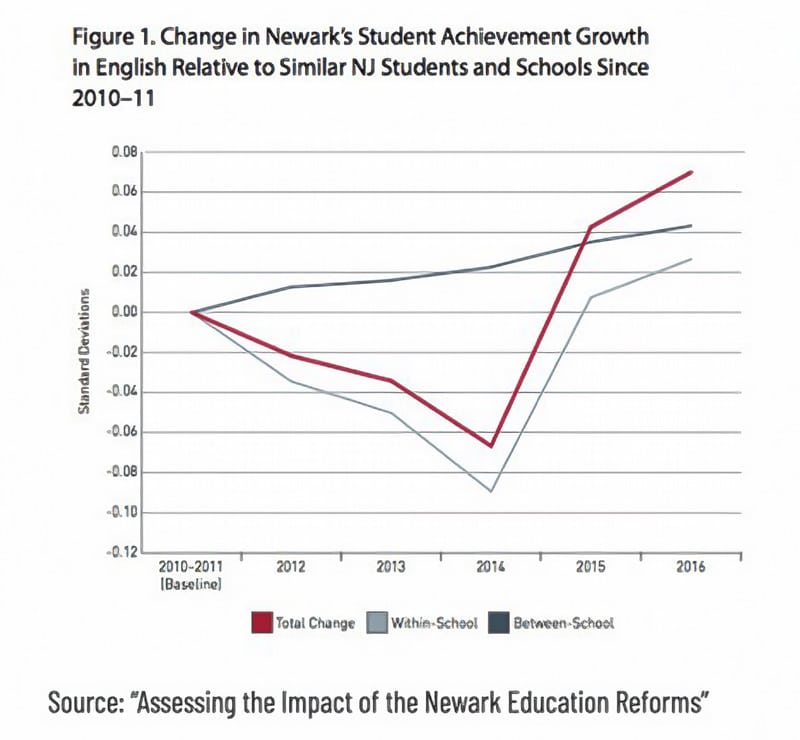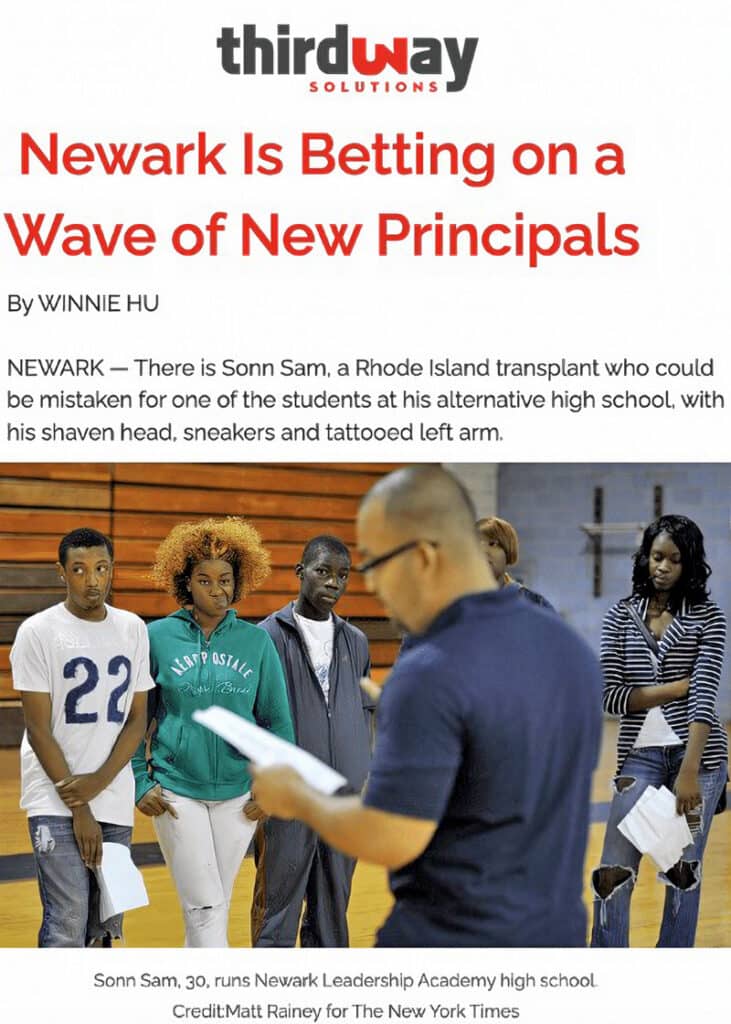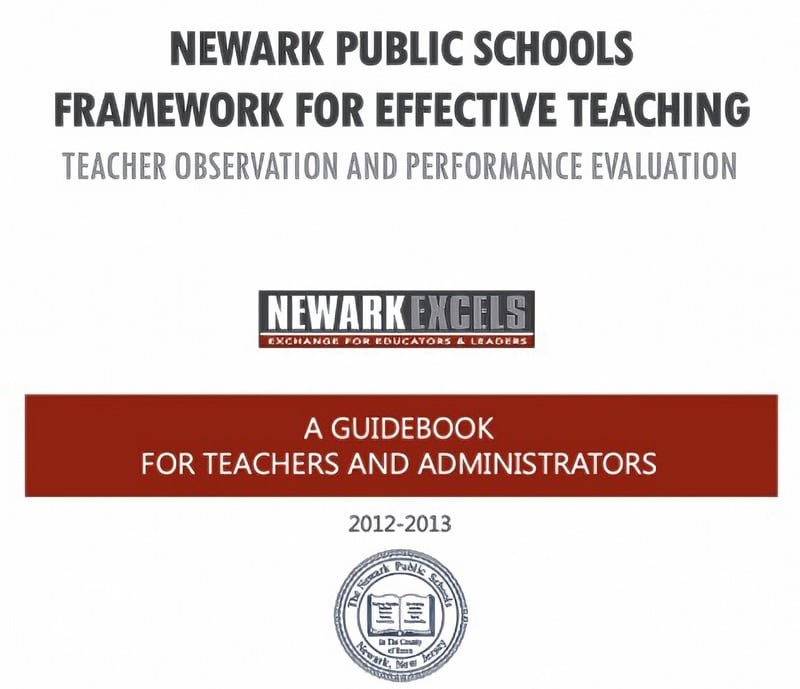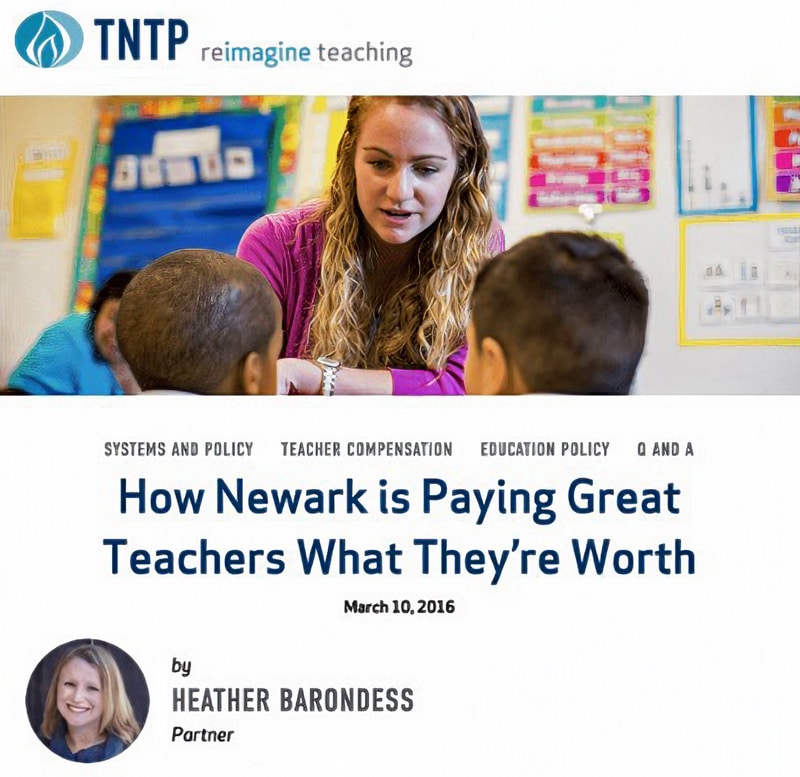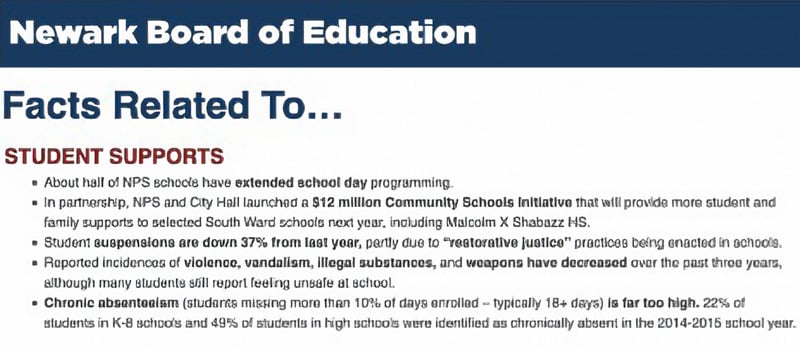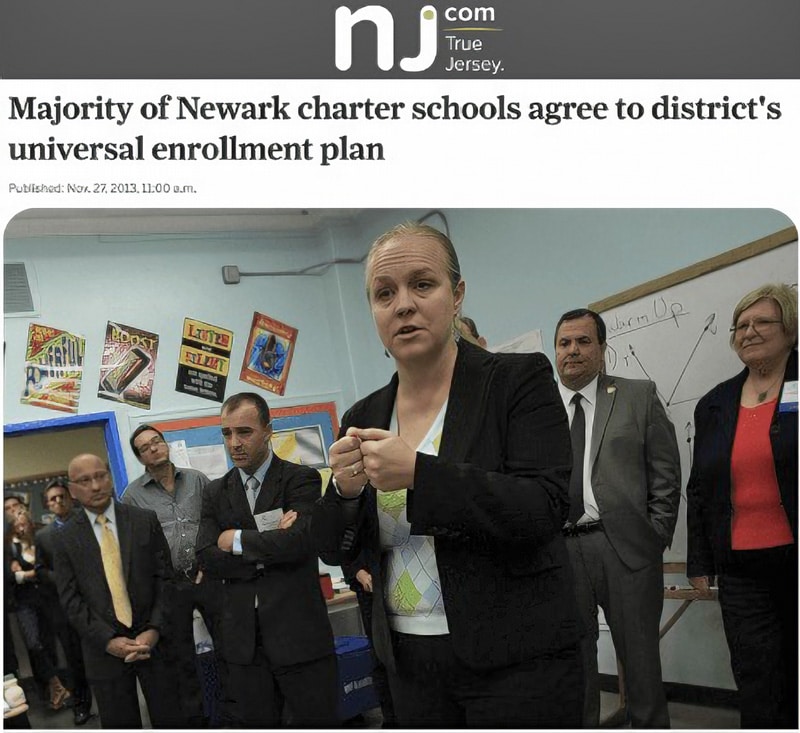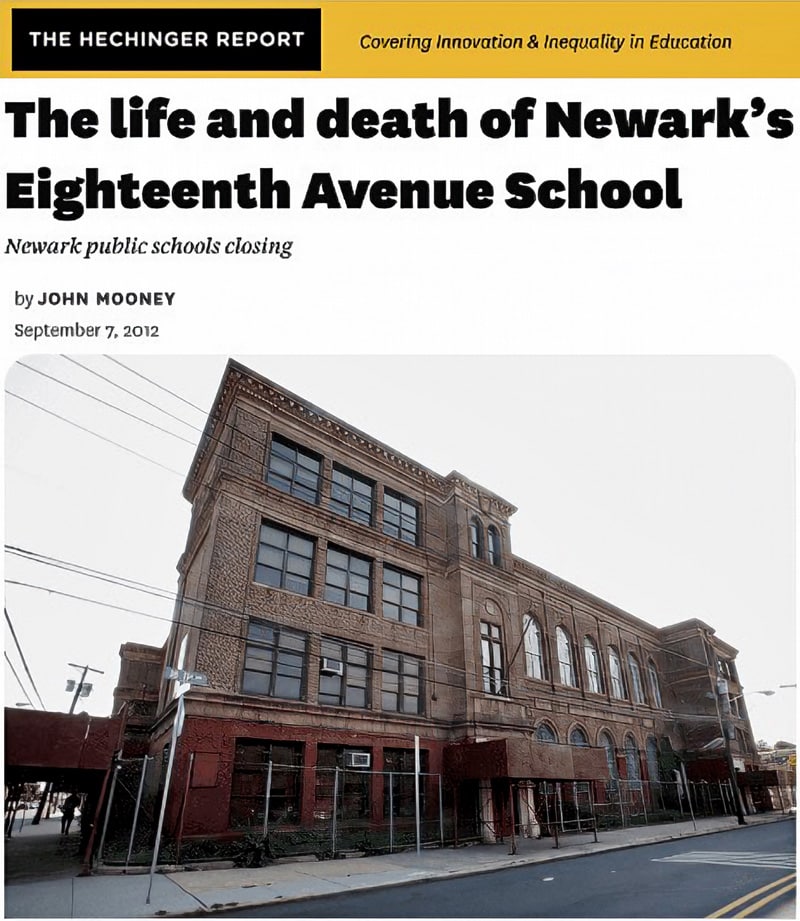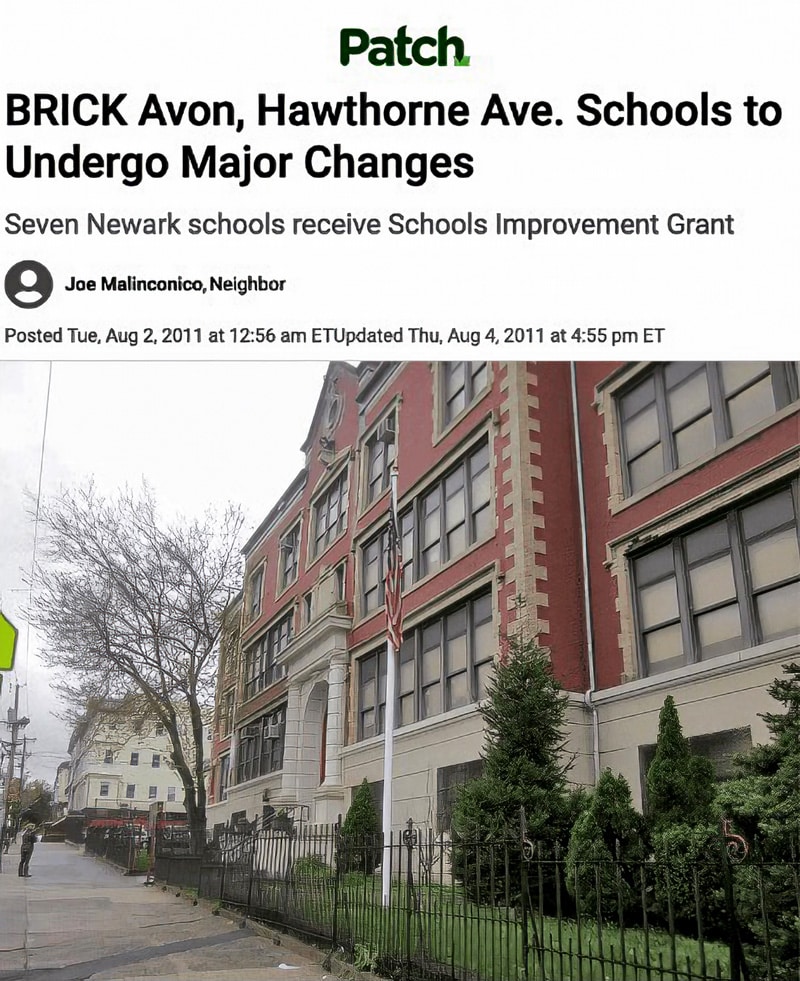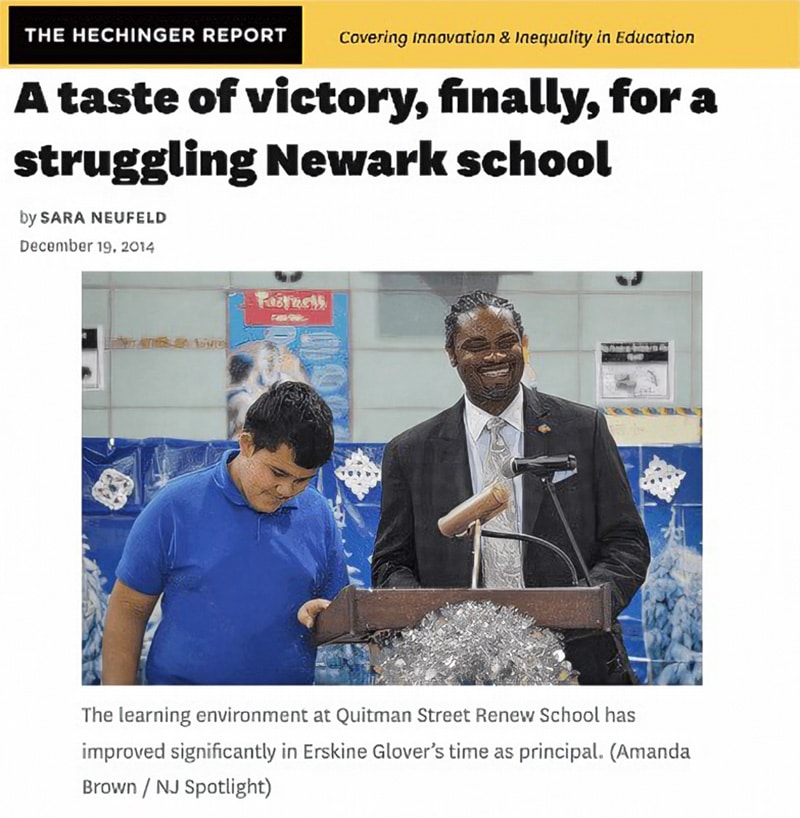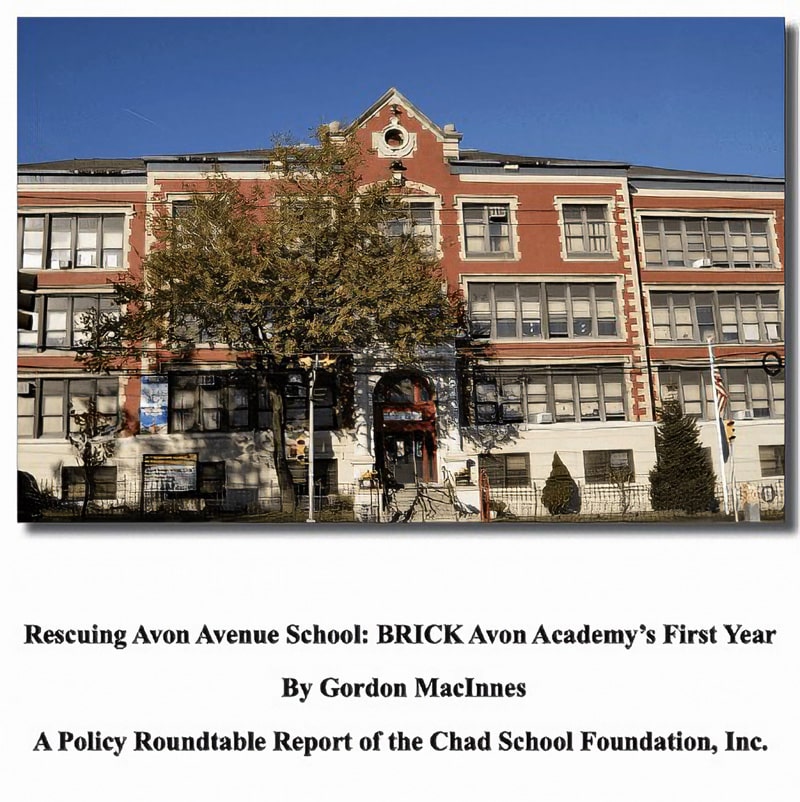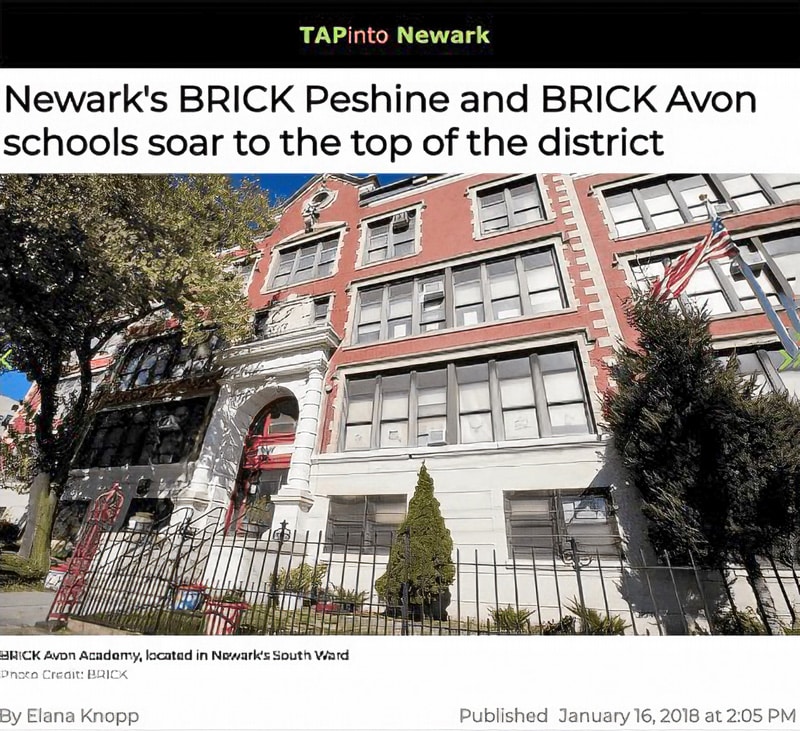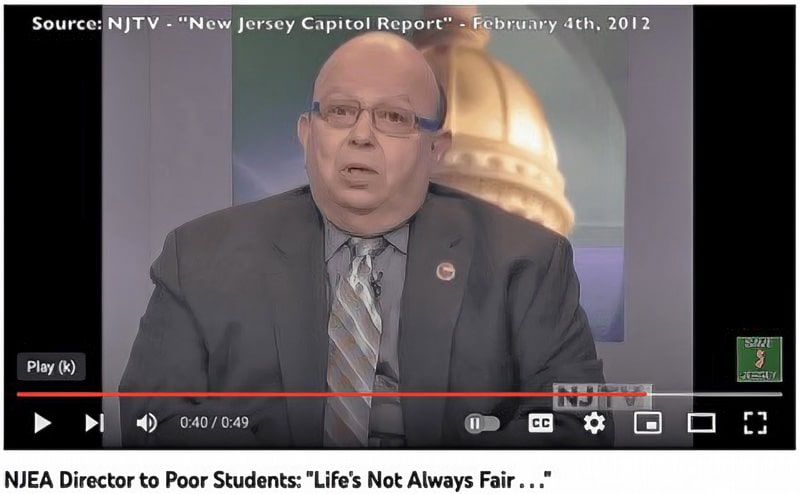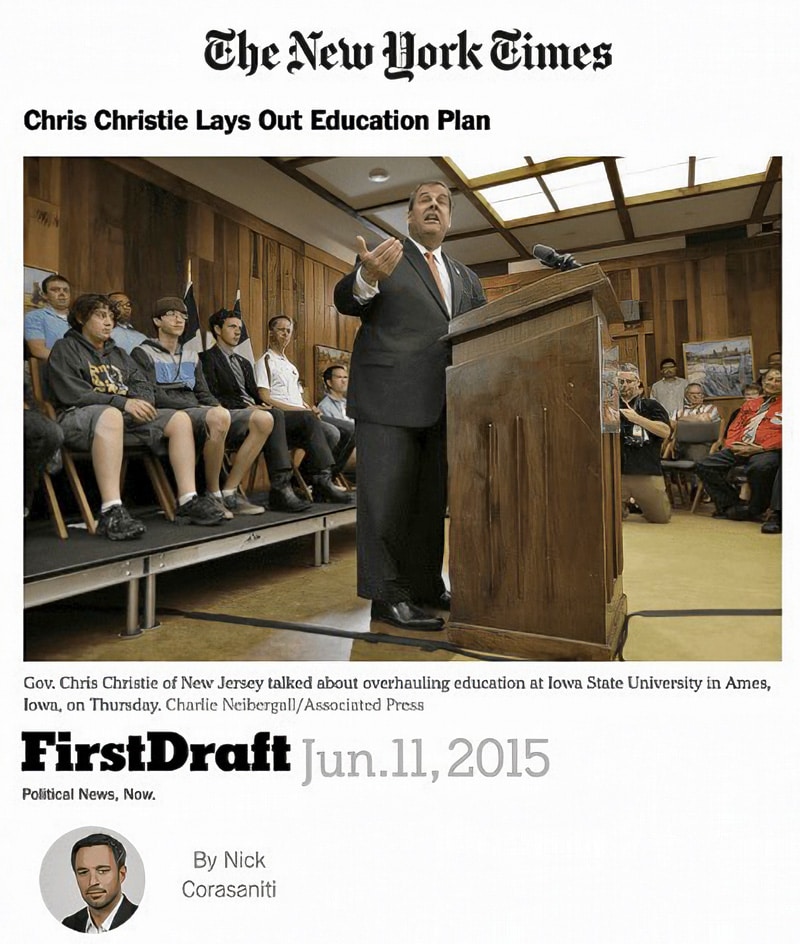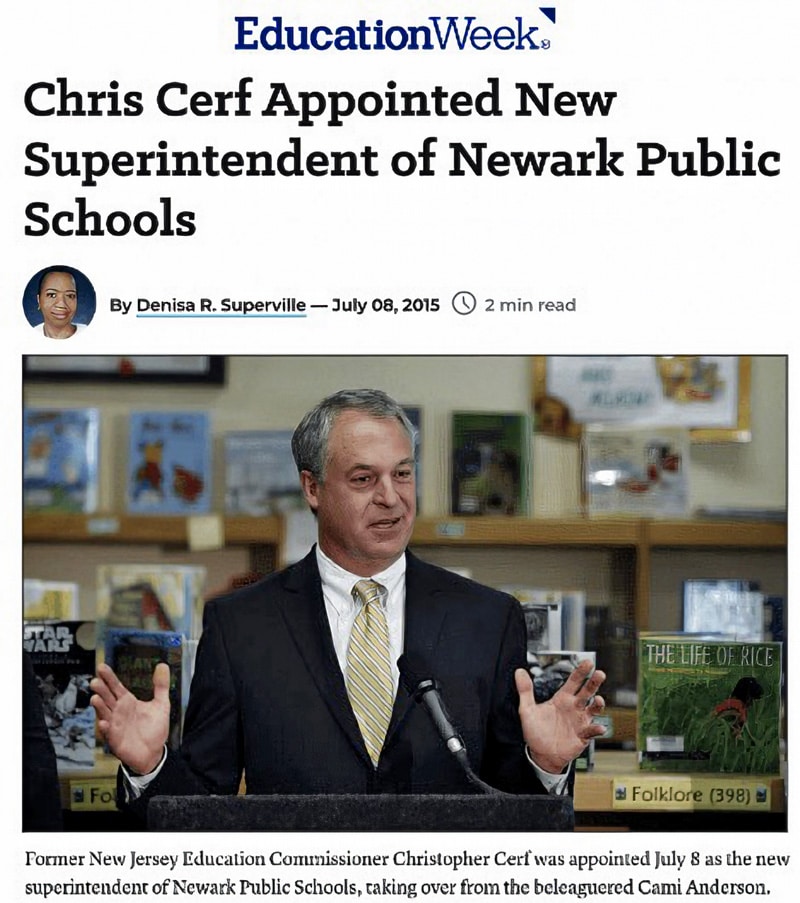Newark Chapter 7: Encouraging Data Emerges and Reformers Summon the Persistence Needed to Stay the Course
Two years and a month after The Prize had determined that those pursuing education reform in Newark had been “schooled,” new research appeared …
… providing evidence that for the first time in many generations, the students of Newark were being better “schooled.”
Certainly, the report highlighted that the first years of the reform had seen steep drops in student achievement, but since that time …
… a startling rebound had occurred, one pronounced enough to have made a statistically significant overall improvement in student achievement in English across the entire district.
As the report went on to detail, the district had taken on an unprecedented breadth of reform within its own schools. That included recruiting a large new cadre of diverse principals to lead Newark schools.
Teachers began being observed and evaluated consistent with the district’s new collective bargaining agreement.
New resources from the Zuckerberg gift allowed the district to transform the way it compensated teachers,
The district also shifted over half of its schools to an extended school day schedule.
Meanwhile, across the entire city, a new universal enrollment platform had been created …
… that drew wide praise for achieving higher levels of admissions equity.
Yes, a significant number of the district’s most historically underperforming schools were closed.
But the district also invested significantly in many underperforming schools …
… with some of those schools generating encouraging progress after decades of struggle.
In some cases, like Avon Elementary School, the school district formed a special partnership with an area nonprofits like BRICK …
… which took direct responsibility for managing the school. The partnership resulted in the school moving from being one of the lowest performing to one of the very highest performing in the district.
Without doubt, drama in and around the district went on unabated.
One party would say a ridiculous thing …
… leading to calls for reprisals …
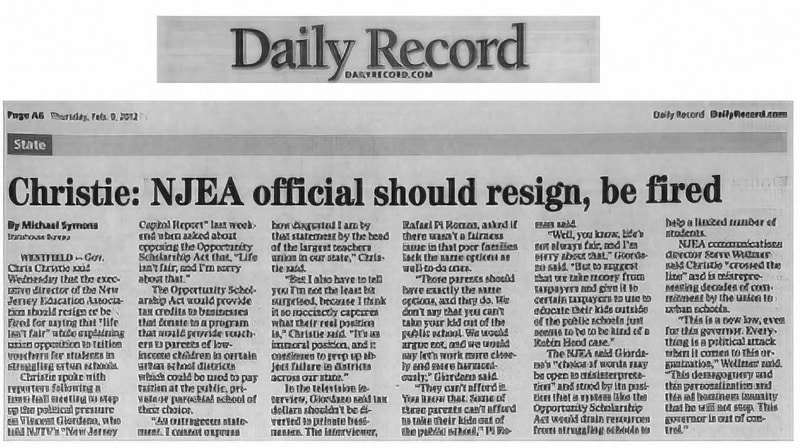
… which would then be matched with even more overblown statement and calls for reprisal.
But the under-appreciated phenomenon at play within Newark education reform efforts over the second decade of the 21st century was the fact that, on policy grounds, on substance grounds, the district stayed the course. As was alluded to in Chapter 6, by the middle of the decade, some of the leaders who had driven reform in Newark had either left or had their eyes on other political prizes. But, while they may have been leaving Newark geographically, they were actually not seeking to leave their record of education reform behind. Indeed they embraced it …
… and made it a centerpiece of their campaigns.
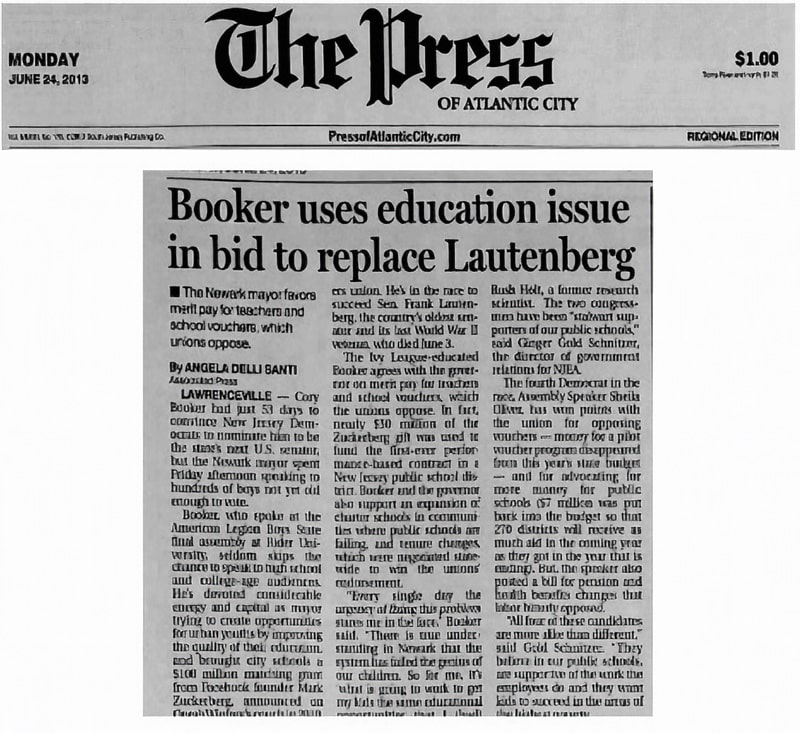
And when it came to identifying a replacement for Cami Anderson, former State Commissioner Chris Cerf stepped into the role …
… vowing to stay the course while working in a more collaborative manner.
It was staying the course that ultimately allowed charter schools to make their even more quiet and more profound progress before the decade was out.
